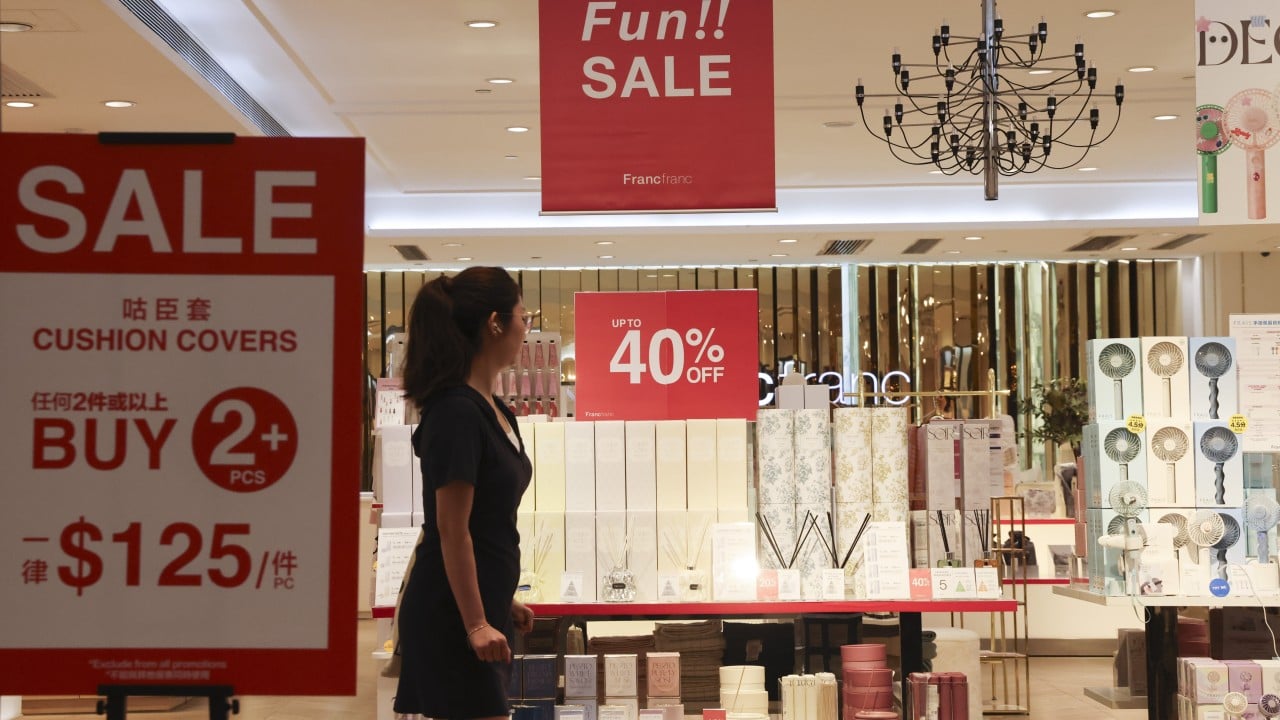There was a time when Hong Kong’s retail landlords looked untouchable. If you wanted a dependable income, you would buy shares in the city’s leading real estate investment trusts (Reits), the steady dividend machines of a service economy built on foot traffic, routine and the long-held assumption that Hongkongers would always shop.
These companies were the unshakeable pillars of everyday commerce. They prospered not because the economy was roaring, but because consumers kept showing up.
That era now feels strangely distant. The latest jolt came when Link Reit, the city’s largest retail landlord colloquially known as the rent collector-in-chief, released its interim results for the six months ended September 30. The numbers were grim: revenue down by 1.8 per cent year on year, net property income down by 3.4 per cent and, most shocking of all, a 5.9 per cent decline in distribution per unit.
Advertisement
Investors wasted no time. The stock plunged by more than 6 per cent in a day. For the thousands of retirees who rely on Link’s steady payouts to pay bills and buy groceries, it was a punch in their monthly budget. But the deeper story here is what these numbers are quietly saying about Hong Kong.
Hong Kong’s retail sector has survived almost everything: financial crises, protests, pandemics and political upheaval. But the current downturn feels different. It’s not a dip. It’s a shift. Link’s figures make that plain.
Advertisement
Despite impressive mall occupancy rates of 97.6 per cent in Hong Kong and 95.9 per cent on the mainland, the trust has been forced to sharply lower rents. Its reletting rents have fallen by 6.4 per cent in Hong Kong and 16.4 per cent on the mainland. The contrast with six months earlier is jarring. Back then, the rent reversion rate was a modest negative 2.2 per cent for Hong Kong and almost flat for the mainland.

